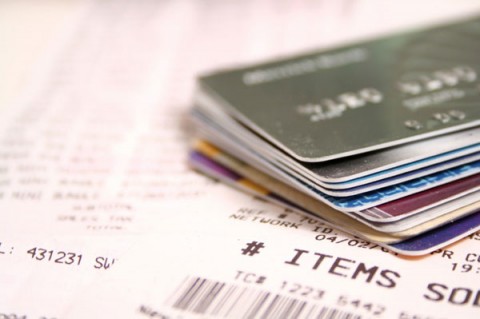Banks Made Over $32 BILLION In Overdraft Fees Last Year Yes, BILLION! According to NBC News: Bank customers may complain about hefty overdraft fees, but they’re using the service more and paying the price. A new report from Moebs Services, a respected economic research firm, shows overdraft revenue at banks, credit unions and thrift institutions totaled $32 billion last year. That’s an increase of $400 million or 1.3 percent from 2011. “Consumers use of overdrafts shows no indication of going away, and is actually increasing,” said Michael Moebs, who wrote the study. At the current rate of growth, Moebs predicts revenue from overdraft fees will hit a new record by the end of 2016, topping the old record of $37 billion set in 2009. The Moebs study found that about a quarter of the people with a consumer checking account – that’s 38 million people – frequently overdraft. The median overdraft is about $40. More than half of the customers who frequently overdraft – 57 percent or 20 million people – go to payday lenders when they are short on funds. Why? Because a payday loan is significantly cheaper. “Payday lenders are the low-price source for short-term cash needs,” Moebs said. “You can get a cash advance for $16 as opposed to $25 at a community bank, $27 a credit union and $30 at bank or thrift. Those are median prices.” While the cost of an overdrawn account has been going up at many financial institutions, the price of borrowing from a payday lender has dropped. The median charge for a $100 cash advance dropped $1.50 from 2011 to 2012, from $17.50 to $16. Moebs firmly believes many of the people who use a payday lender would rather not, if the cost of the overdraft penalty was more in line with what the payday stores charge. He puts that price point at $20. Debit-card transactions often cause an account to be overdrawn. Remember: Your bank or credit union will deny a point-of-purchase debit-card payment or cash withdrawal from an ATM if there is not enough money in the account to cover it, unless you “opt in” to their overdraft protection plan. In that case, the transaction will go through and you’ll get hit with a fee. A recent study by the Pew Charitable Trusts found that 54 percent of the customers who had overdrawn their accounts said they did not realize they had signed up for an overdraft service that cost money. Susan Weinstock, director of Pew’s Safe Checking in the Electronic Age Project, said this shows there is “a very high level of confusion” about how this overdraft protection works. Shady, shady, shady. SMH.

More here:
Shady Instutuions: Banks Made Over $32 BILLION In Overdraft Fees Last Year!!!
























